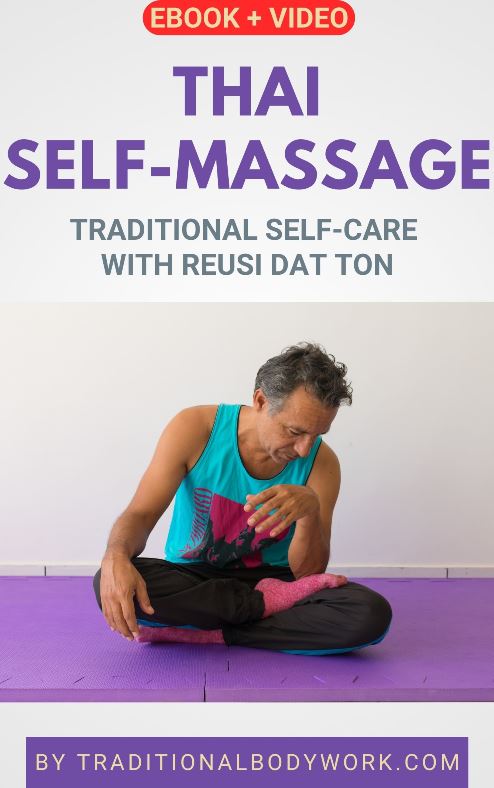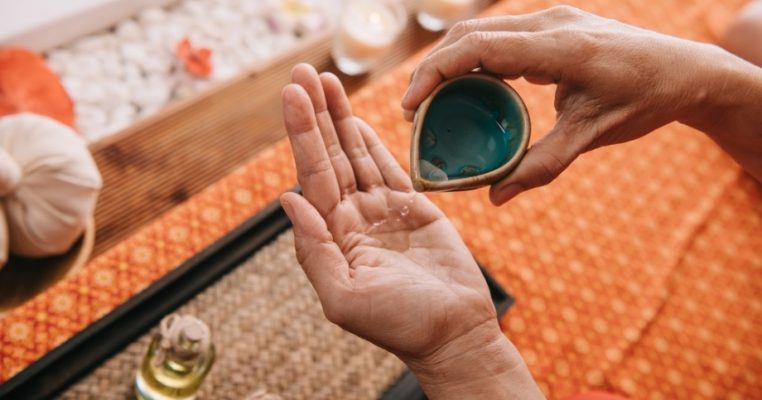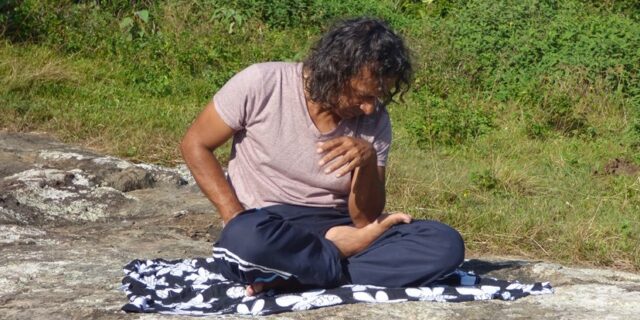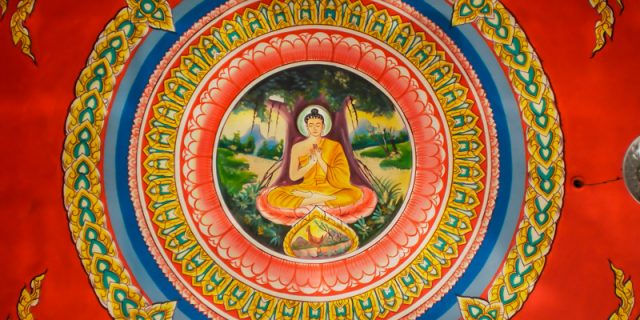
Jitanamai, also written as Jittanamai, Chittanamai, or Cittanamaya, is part of the Thai Dhammanamai Self-Care principles and is about having a healthy mind that’s characterized by clarity, stability, capability, and happiness.
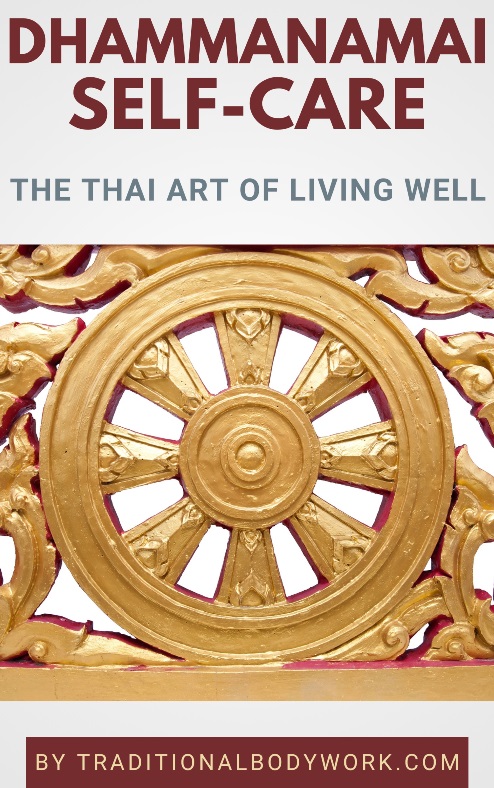
The word Jita, Jitta, Chitta or Citta is usually translated as mind-heart, and is understood to be the entire non-physical human being — all of our thoughts, emotions, and spirit that makes up our inner lives, or our inner self.
Jitanamai involves the promotion of mental health, notably by practicing meditation such as Metta Meditation and Vipassana Meditation according to the principles of Buddhism or according to the religion that one believes in to create a stable mental foundation, not swayed by desires, and not being stressed.
It means engaging in a spiritually uplifting practice that aims at speaking well, thinking well, and doing well, while being aware and mindful in every action.
In Thai Traditional Medicine, one’s Ruling Body Element or Dominant Body Element — called Tard Chao Ruan in Thailand — is thought to play an important part in one’s emotions and stability of mind. For example, people with the Fire Element as their Dominant Body Element tend to be hot-tempered, quick-tempered, and brave, while people with the Air Element as their Dominant Body Element tend to be fickle-minded, easily angered, and easily overcome.
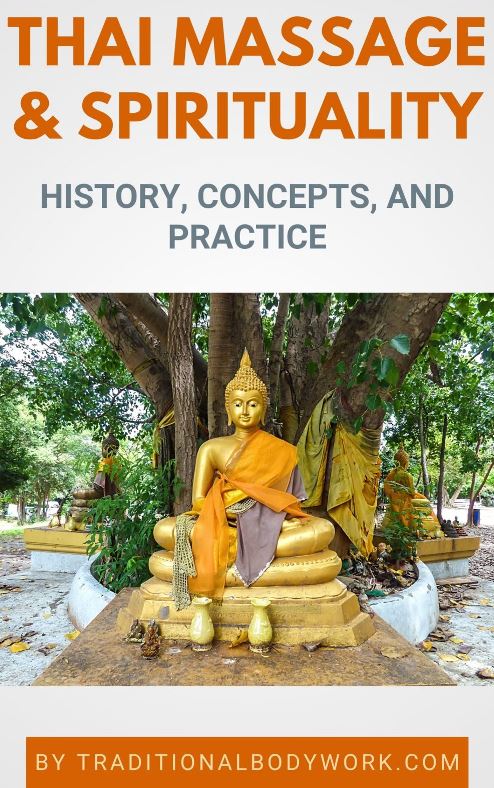
Now, if we understand and know our own minds well, we will be able to control our thoughts and feelings when we are affected by emotions. And when we can control our emotions and thoughts well, we will be able to control our behaviors of exercising, eating, and getting proper rest — Kayanamai or Physical Health — as well as controlling other behaviors of life — Chevitanamai or Healthy Lifestyle — which corresponds to the popular Thai proverb “The mind is the master, the body is the servant.”
That is, a well-trained mind will lead to good thoughts that help to guide a person to choose a healthful way of life in which one not easily gives in to self-indulgence.
In addition, Jitanamai also involves prayers, studying and following the Buddhist teachings (or other applicable religious beliefs), behaving appropriately towards family members and others, and extending loving-kindness (Metta) and compassion (Karuna) to others.
Other aims and benefits of Jitanamai are mental relaxation, stress and anxiety relief, improved concentration and intellectual capacity, stimulation of the immune system, prevention of psychosomatic disorders and mental illness, and inner peace and happiness.

